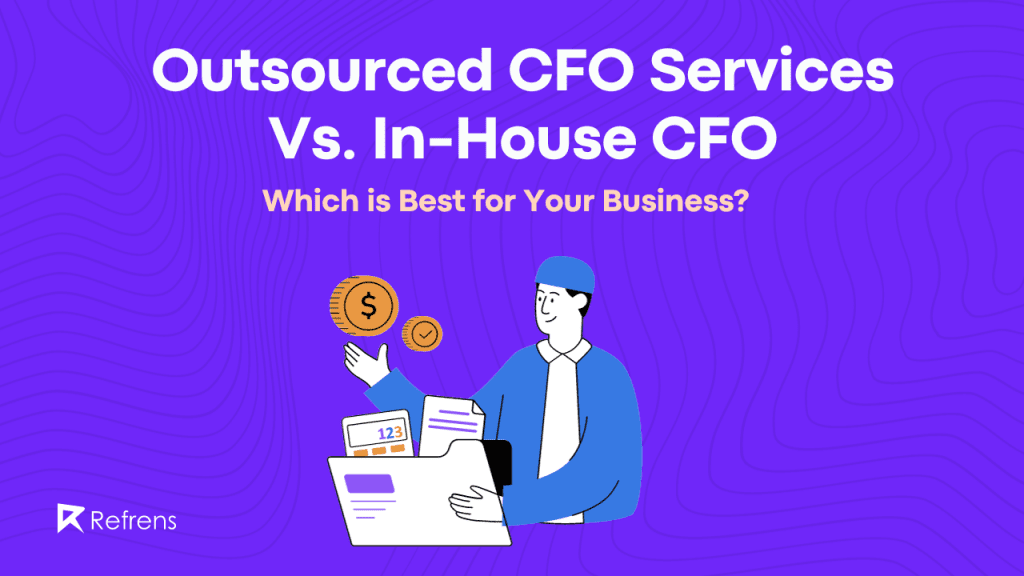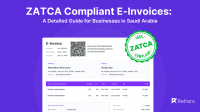As your small business grows, financing and accounting capabilities stretch to meet the growing demands. This increases the frequency of financial errors, omissions, and inconsistencies, which point to the need for experienced financial leadership, specifically hiring or replacing your CFO.
The Chief Financial Officer steers your business’s finances. They are responsible for all financial records that help business management make informed decisions. Like other business functions, you can hire an in-house CFO or opt for outsourced or virtual CFO services.
Due diligence involves a thorough examination of a company’s financial records, legal obligations, and operational practices to ensure accuracy and compliance. It is essential for making informed decisions about potential investments, partnerships, or acquisitions.
When to Hire In-House CFO?
The chief financial officer shapes your business’s financial trajectory. While outsourcing has benefits, hiring an in-house CFO is advantageous in some situations. These situations include:
1. High business maturity
Your business operations increasingly become complex as it grows and matures. The need for strategic financial management also becomes more important. In such occasions, in-house CFOs are indispensable, as they help navigate the complex financial situation of your business. An in-house CFO helps your maturing business in the following ways:
- Strategic planning: Long-term financial planning is crucial for mature businesses. It ensures that your business remains stable and seizes growth opportunities. An in-house CFO helps your business analyze business data, forecast trends, and develop financial strategies aligned with business goals.
- Risk management: Financial business risks can quickly bring down your maturing business. Having an experienced in-house CFO helps assess financial risks and develop mitigation measures. They also ensure your business complies with industry regulations.
- Mergers and acquisitions: Mergers, partnerships, and acquisitions are common in business. If you are planning such, your in-house CFO conducts due diligence and negotiates favorable terms.
2. High revenue
Businesses that generate high revenue handle large financial transactions. This complicates accounting structures and tax compliance requirements. An in-house CFO provides the much-needed expertise to manage these intricacies. They help with:
- Financial reporting: Your high-revenue business should adhere to strict financial reporting guidelines. Having an experienced CFO helps oversee the preparation of financial statements, manage audits, and ensures your business complies with regulatory requirements.
- Tax optimization: Increasing business revenue means more tax liabilities. You should have an in-house expert who can manage your business’s tax optimization strategies and ensure compliance with tax laws.
When to Hire an Outsourced CFO?
Outsourced CFO services are increasingly becoming popular for businesses that need expert financial guidance without necessarily committing to a full-time in-house CFO. You should outsource accounting services by hiring a virtual CFO in the following situations:
1. Plans to scale
You should consider outsourced CFO services if your business is amid expansion plans. A virtual CFO can provide support and strategic insights during this period. Outsourcing is beneficial because of the following:
- Scalability expertise: Virtual CFOs have proven experience working with businesses at different growth stages. They will offer insights and strategies that accommodate expanding businesses.
- Cost-efficient: Scaling your business often affects revenue flow. Outsourced services are a cost-effective solution during this period of fluctuating financial activity in your business.
- Flexibility: The financial demands of a scaling business become increasingly intricate. Outsourced CFOs can easily adapt to changing business requirements.
2. No Succession Plan
Outsourcing CFO services is also prudent if your business has no apparent succession plan for business leadership. Relying on internal resources is very risky. However, you can bridge this gap and ensure stability in your business by hiring a virtual finance officer. They provide the following services:
- Continuity and expertise: Outsourced CFOs offer continuity, ensuring your business doesn’t face disruption during this transitional period.
- Skills diversity: Your in-house team might lack specific financial skills. Outsourcing allows you access to a wide range of skill sets.
- Gives you time to recruit: If your succession plan requires hiring an in-house CFO, hiring a virtual CFO gives you enough time to complete the lengthy hiring process.
3. Financial plateau
Unfortunately, your business can’t have smooth growth. You should expect periods of slow growth, slow off-peaks, and rapid rises. If your business is plateauing, your strategies are probably not aligned with the current market. Such businesses can benefit from an external financial advisor in the form of a fractional CFO.
You can contact an external CFO to objectively assess your business and advise on strategic overhaul. They also conduct a performance analysis to identify the primary cause of plateauing and recommend strategies to improve operational efficiencies and growth.
Endnote
Both in-house and outsourced CFOs share the same responsibilities in your business. They ensure cash flow, budgetary adherence, and that your business complies with tax requirements and financial regulations. However, you should know when to hire an in-house CFO and when to outsource these services.
















